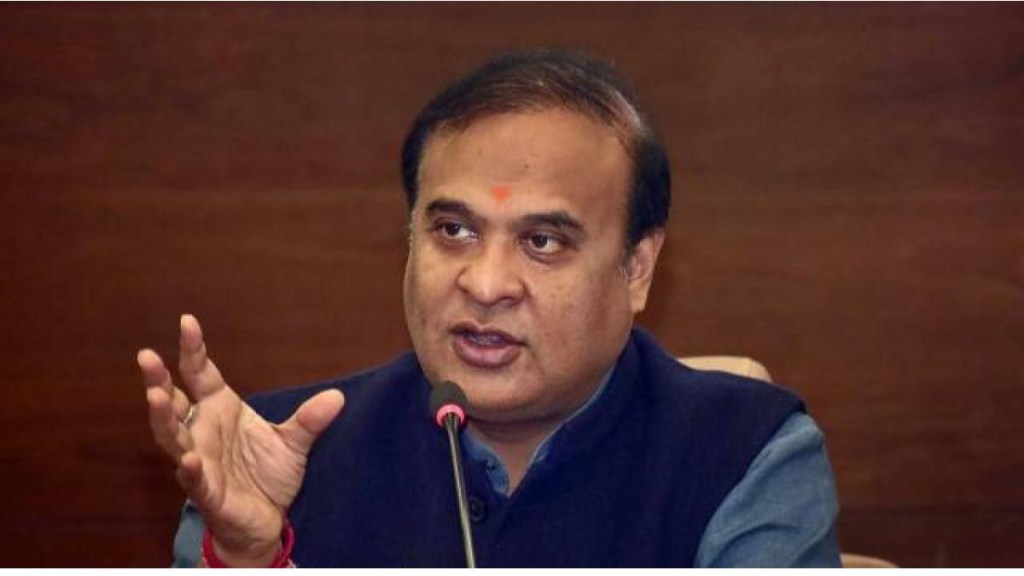Assam Chief Minister Himanta Biswa Sarma has expressed his willingness to impose a beef ban in the state if the Congress party’s state president, Bupen Kumar Borah, formally requests it.
Sarma’s statement came in response to allegations that the BJP distributed beef to win the Muslim-majority Samaguri constituency, which had been under Congress control for five consecutive terms.
Also Read:Rajasthan: Worker killed, two injured in tunnel collapse in Kota
“Samaguri was with Congress for 25 years. Congress losing a constituency like Samaguri by 27,000 votes (sic) is the biggest shame in its history. It is Congress’s defeat more than BJP’s win,” he told reporters after a party meeting on Saturday.
In the recent bypoll, BJP’s Diplu Ranjan Sarmah defeated Congress’s Tanzil, the son of MP Rakibul Hussain, by a margin of 24,501 votes.
Also Read:Maharashtra: Eknath Shinde’s health improves; set to head to Mumbai amid ongoing CM face uncertainty
Addressing Rakibul Hussain’s reported comment, in which he said that offering beef to voters to win elections was wrong, Sarma questioned whether Congress had been using beef to win elections in Samaguri. “Does it mean Samaguri can only be won by offering beef?” Sarma asked.
Sarma further stated that, following Hussain’s comments, he was ready to support a beef ban. “I want to tell Rakibul Hussain that beef should be banned as he himself said it is wrong. He only needs to give me in writing that neither BJP nor Congress should speak about beef, in fact, it should be banned in Assam. If we do that, all problems will be solved,” Sarma said.
“So, I will write to Bhupen Borah and ask him if he also advocates banning beef in line with Rakibul Hussain, and just inform me. I will ban beef completely in the next assembly (accordingly). Then BJP, AGP, CPM, nobody will be able to offer, and Hindus, Muslims and Christians all should stop eating beef, and all problems will be solved,” he added.
While consumption of beef is not illegal in Assam, the Assam Cattle Preservation Act of 2021 restricts the slaughter and sale of cattle in areas with a majority Hindu, Jain, or Sikh population, and within a five-kilometer radius of temples or satras (Vaishnavite monasteries).

